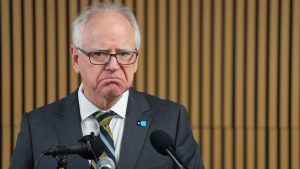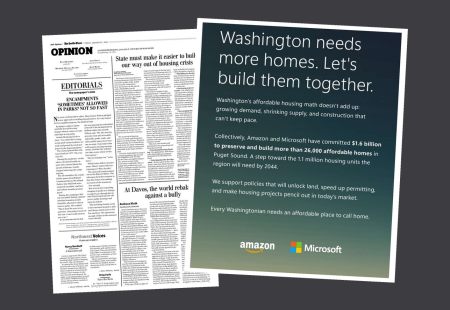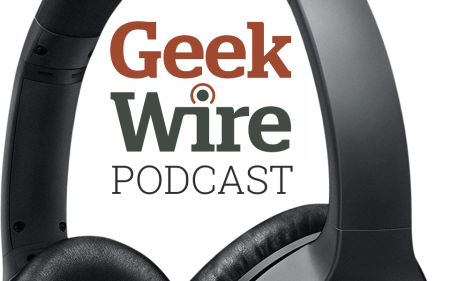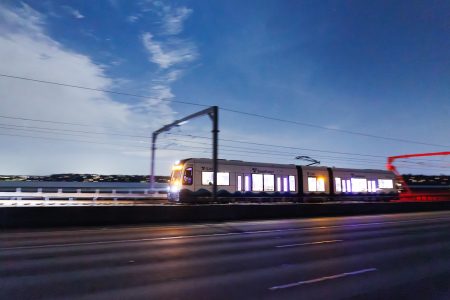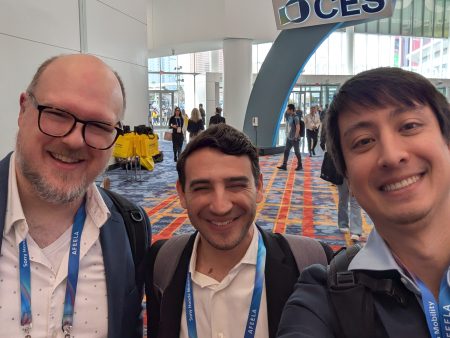The Multifaceted Legacy of Billionaires: A Seattle Perspective
In a Seattle bar restroom, I came across a silver sticker with a provocative message: “Billionaires are the reason everything sucks.” After peeling it off the wall, I found myself contemplating this bold assertion that places blame for society’s ills on roughly 3,000 individuals worldwide. While there’s certainly a widespread sentiment of frustration toward the ultra-wealthy—whether due to rising costs of living for average people or the political activities of figures like Elon Musk—I believe this sweeping condemnation deserves a notable exception: Paul Allen.
Seattle has a complicated relationship with wealth and the tech industry. The city has expressed its discontent through stickers and graffiti targeting tech workers, with Amazon founder Jeff Bezos frequently in the crosshairs. Critics have cited concerns ranging from tax avoidance to traffic congestion as the tech workforce transformed Seattle’s character and affordability. While Bezos has since relocated to Miami and embraced a lifestyle far removed from his humble beginnings as a bookseller in Seattle, another billionaire continues to shape a profoundly different kind of legacy even after his death.
Seven years following Paul Allen’s passing at age 65, his estate recently announced the creation of a new nonprofit organization—backed by an initial $3.1 billion endowment—dedicated to accelerating progress and supporting innovative ideas in science and technology. This announcement serves as a powerful reminder of the Microsoft co-founder’s significance to Seattle. Allen’s wealth flowed toward world-changing initiatives in health, science, and environmental research, as well as preserving and creating cultural institutions that reflected his diverse passions spanning music, art, sports, and cinema. His childhood friend and fellow billionaire Bill Gates has likewise committed substantial resources to worthy causes, though Gates’ focus through his foundation has been more global in scope, addressing poverty, disease, and educational inequality worldwide. Similarly, Jeff Bezos, Melinda French Gates, and MacKenzie Scott have primarily directed their philanthropic efforts toward national and international impacts rather than specifically local concerns.
What distinguishes Allen’s approach is his directive to liquidate much of his estate after his death, with proceeds benefiting charitable causes and this newly established fund. This decision appears to strengthen his local legacy in Seattle. Though the Fund for Science and Technology will eventually support projects nationally and internationally, its initial $15 million in grants represents strategic investments in Allen’s beloved hometown. While his estate may not maintain permanent ownership of his various ventures—from the Seattle Seahawks to the Cinerama (now SIFF) movie theater—these institutions exist in Seattle because of Allen’s vision and investment, creating a lasting positive impact on the city.
There’s something uniquely meaningful about experiencing the tangible legacy of a local billionaire whose vision transformed the city they loved. Walking through the undulating, vibrant architecture of the Museum of Pop Culture evokes fond thoughts of Allen’s passion for Jimi Hendrix, rock music, and science fiction—a cultural landmark that exists because Paul Allen built it. Hearing the thunderous cheers of 68,000 fans at a Seahawks game and recalling the massive downtown celebration after the team’s first Super Bowl championship brings renewed hope each season—a team that remains in Seattle because Paul Allen saved it from relocation.
Considering the potential scientific and technological breakthroughs emerging from the Allen Institute or AI2 fosters belief in long-sought medical cures and ignites curiosity about future possibilities—research institutions that exist because Paul Allen envisioned and funded them. Watching a film in a 62-year-old theater transformed into a cutting-edge venue, where moviegoers can immerse themselves in a complete cinematic experience (complete with chocolate popcorn), represents another dimension of Allen’s legacy—a historic cultural space preserved because Paul Allen believed in its value. These contributions to Seattle’s scientific, cultural, and recreational landscape stand as powerful counterpoints to the simplistic notion that billionaires are universally destructive forces. While wealth inequality and the outsized influence of billionaires merit serious discussion, Paul Allen’s legacy demonstrates that when immense wealth is directed with vision, passion, and community spirit, it can create institutions and opportunities that enrich a city for generations to come.

